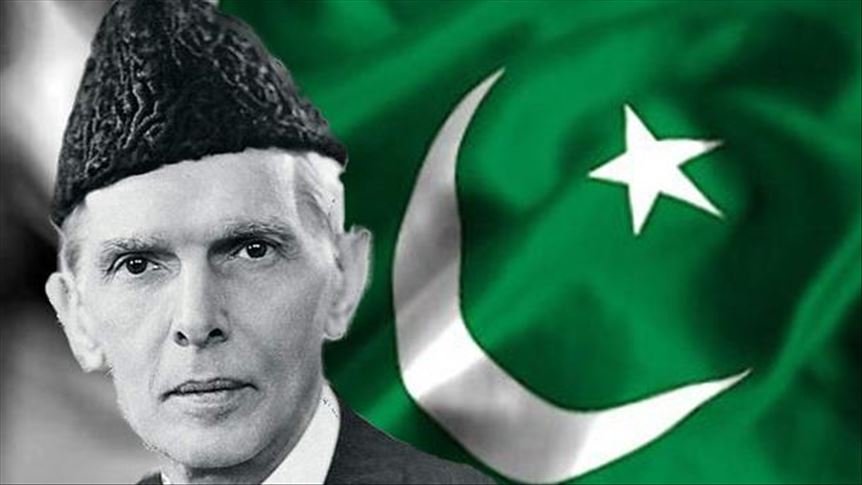Jinnah’s death anniversary observed in Dhaka with Urdu songs, poetry

Pakistan would not have been created without Jinnah, and without Pakistan, ‘Bangladesh too would not exist,’ speakers say
The 76th death anniversary of Muhammad Ali Jinnah, the founding father of Pakistan, was commemorated at the National Press Club in Dhaka with Urdu songs and poetry on Wednesday.
Speakers on the occasion highlighted various aspects of Jinnah’s life, remarking that Pakistan would not have been created without him, and without Pakistan, “Bangladesh too would not exist.”
These remarks came during a discussion session organized by the Nawab Salimullah Academy at the Tofazzal Hossain Manik Miah Hall of the National Press Club.
Although the Pakistani high commissioner to Bangladesh was scheduled to attend the event as chief guest, he was absent. Deputy High Commissioner Kamran Dhangal was present.
Prof Dr Mostafizur Rahman presented the keynote paper, outlining various events from Jinnah’s life, from his birth to his death.
Jafarul Haq Jafar recited an Urdu poem about Jinnah, while two Pakistani students studying in Bangladesh, Mohammad Tahir and Kamran Abbas, performed songs in Urdu dedicated to him.
The event, presided over by the academy’s president, Muhammad Abdul Jabbar, was also attended by the convener of Nagorik Parishad Md Samsuddin and journalist Mostafa Kamal Mojumder, among others.
“If Bangladesh had not been part of Pakistan in 1947, we would have been in the same position as Kashmir today, with the Indian junta holding weapons to our necks. Bangladesh gained independence because of Pakistan, which Jinnah helped create,” Samsuddin said.
“Why should we change the name of Allama Iqbal Hall or Jinnah Avenue? These changes were made because Delhi wanted them, but we did not. Bangladesh must foster strong relations with China and Pakistan.”
Another speaker, Nazrul Islam, said: “Regardless of how it happened, we have gained independence. We must maintain our relationship with Pakistan. If Jinnah had not been there, Pakistan would not have existed, and without Pakistan, Bangladesh would not exist. Jinnah is the father of our nation, but we do not acknowledge it. We must preserve our brotherhood, and I hope that both Jinnah’s birth and death anniversaries will continue to be observed here every year.”
Md Shakhawat, another attendee, said that after 1757, the political incompetence and strife in the Indian subcontinent were ended by Jinnah.
“Had Jinnah not taken responsibility for Bangladesh in 1947, we would have been in the same situation as West Bengal, remaining a part of India. It was because of his leadership that East Pakistan remained united with West Pakistan. Now we must assess our friendship,” he added.
Meanwhile, Deputy High Commissioner Kamran Dhangal said Jinnah’s leadership in the Muslim League had been outstanding. “It was the beginning of an important mass movement for the Muslims of India.”
Dhangal added that after the creation of Pakistan, Jinnah became its first governor-general. “His vision for the new nation was clear. He advocated for a progressive and inclusive state, reflecting a commitment to freedom and tolerance. His contributions were not only revered in Pakistan but also across the world.”





